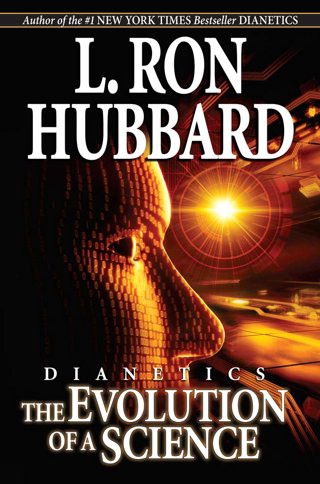A Biased View of Dianetics
A Biased View of Dianetics
Blog Article
Dianetics Fundamentals Explained
Table of ContentsDianetics Can Be Fun For AnyoneSome Known Details About Dianetics Unknown Facts About DianeticsThe Ultimate Guide To Dianetics
I couldn't ever before not wish to get anything that comes to mind for you- if it was or else, I wouldn't be resting here with you, doing this. I not only might never have a trouble, or not intend to listen to something that enters your mind for you, but I'm entirely anxious to recognize every concept, every idea, every photo or sensation that emerges or materializes for you- do not ever before think otherwise, and if somehow you do, please simply let me know! Occasionally, you might have a thought, and image, idea or occurrence turn up that does not appear to address the question, or connect to it, however however, always do tell me concerning it, and as we proceed, the significance will certainly arise for you.This is inherent in the basis of processing, and the subject of this discussion: the basic roles of the counselor and the client: The fundamental duty of the therapist is, in contrast to "basic training", not to control, which means to implement and/or prevent, however to instead work from the basis of EMPOWERING THE CLIENT.

7 Simple Techniques For Dianetics
John Mcmasters shared this basic truth incredibly well in one of his lectures on Power processing, in which he describes exactly how he was asked what this "unique flair" was that he had for providing such wonderful sessions; he needed to assume concerning that for a moment, and detected that it was what he had not been doing, in addition to what he was doing: he wasn't evaluating, evaluating, computer, or in reality, producing any thoughts, let alone verbal expressions, after giving the command and while waiting for the computer to complete their solution to their fulfillment; he was, simply and just, being present with the computer, and entirely interested.
The duty of the counselor, showed; that was his "special flair". I have had my very own experience which educated me this well, really early in the game. In 1982, having actually just recently completed my training and teaching fellowship on New Age Dianetics, I was running this on a PC, and there was a factor in the session where (being a bit damp behind the ears not yet having numerous hours under my belt as an expert auditor) the computer seemed to be "taking too lengthy" to express anything vocally after I gave him a command.
This secret became one of the most valuable contribution that John ever before made to the subject of treatment or bookkeeping (Dianetics). In my simple viewpoint, it is the greatest contribution that any person has ever made to these subjectsthe application is entirely non-judgemental, non-evaluative, and lacking any recommendation, guidance or opinion.no preconditioned agenda for individuals, or 'levels' that they need to do
In Scientology we prided ourselves on not evaluating for individuals. All that really indicated was that the auditor did not Vocally evaluate for the Computer in this contact form session.
Getting The Dianetics To Work

Anyone next that had ever seen John audit could not assist however notice a special top quality in his auditing."The client's fundamental function is to be there with the purpose of moving in the direction of their spiritual goals, and to freely and fully express and experience whatever manifests for them in answering the questions and implementing the instructions in the handling.
This is something to process as required. But also, people frequently have prior experience and/or brainwashing in auditing/processing which, somehow, and to some extent, in fact misinforms them right into perspectives, concepts and actions patterns that prevent the complete awareness of these functions, therefore they will have a tendency to hinder the expressing of what enters your mind, as in the examples given over. * The very first, and perhaps foremost instances of mis-indoctrination resulting in much less than totally smooth and reliable sessions, can be located in specific aspects of the training regimens, or "TR's":"TR's" are frequently a person's initial, or at the very least early, experience in Scientology, and while I will take place to discuss what I view as the problems in concept and method, nevertheless, often tend to be substantially restorative, done as they are provided (Hubbard firmly insists that "TR's are not processing, they are training", yet factually, they are both processing AND training)
Alan Walter made similar observations, and enhanced these with his "Visibility Processes". There is no "flunking", and no rejection of the truth of this being handling. The focus, as it should be, gets on experiencing the various other person's existence. All the symptoms which get a news "fail" in doing "TR-0" are just the being's initiatives to withstand the other individual's existence, and rather than being harassed and nagged with "Flunk", which imposes "failure!" on the being, one simply requires to be motivated to "stick their feet in the water a little much deeper", to progressively refurbish their capacity and desire to completely share and experience "being here", or "visibility", with others.
Top Guidelines Of Dianetics

Report this page